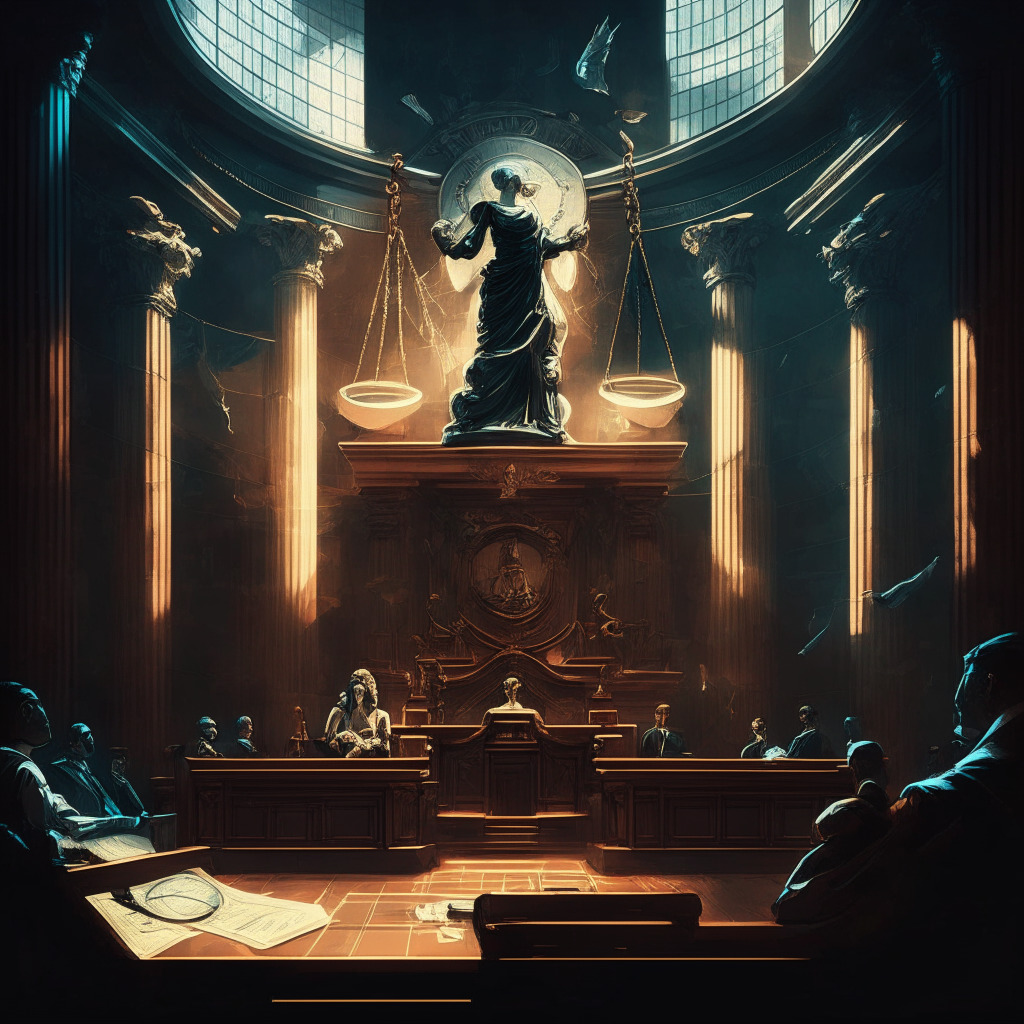In a groundbreaking case, a former Coinbase product manager, Ishan Wahi, has been sentenced to two years in prison for insider trading relating to cryptocurrency listings. This decision marks a vital step in the regulation of the burgeoning crypto markets, demonstrating that the laws that apply to traditional financial assets are also enforced in the digital realm. The Southern District of New York has clearly stated that illegal conduct, whether in equity markets or crypto assets, will not be tolerated.
The case revolves around Wahi’s actions while employed at Coinbase, where he was privy to information concerning upcoming crypto listings. This knowledge allowed him to tip off his brother Nikhil Wahi and friend Sameer Ramani, enabling them to make profitable trades based on privileged insight. The Department of Justice emphasized that there is typically a marked increase in a cryptocurrency’s value when Coinbase announces a listing.
As Coinbase kept its listing plans secret and prohibited employees from sharing such information, Wahi’s actions were a clear breach of trust. Between June 2021 and April 2022, confidential business data was leaked on several occasions, resulting in illicit gains for those involved. Nikhil Wahi has also been sentenced after pleading guilty to a wire fraud conspiracy charge, receiving a 10-month prison sentence in January.
This landmark case highlights the importance of stringent regulation in the cryptocurrency space. While innovation and rapid growth are often praised, the potential for fraudulent behavior and abuse should not be overlooked. Implementing and enforcing regulations in crypto markets can foster trust in the industry and encourage further investment and adoption.
However, some may argue that this decision could hinder the development and innovation of the crypto ecosystem, as strict regulations might stifle the creative processes of companies and individuals within the sector. Others might feel that the punishments meted out in this instance were too harsh, considering the potential for similar cases in traditional financial markets to result in lesser sentences.
In conclusion, this case exemplifies the ongoing struggle to strike a balance between promoting innovation in the crypto sphere and maintaining transparency and integrity in the markets. The sentencing of Ishan Wahi marks a crucial turning point in the enforcement of insider trading laws, ensuring that all market participants understand that the rules do indeed apply to them. As such, industry stakeholders must continue to work diligently in their efforts to navigate the complex landscape of cryptocurrency markets and regulation.
Source: Cryptonews




